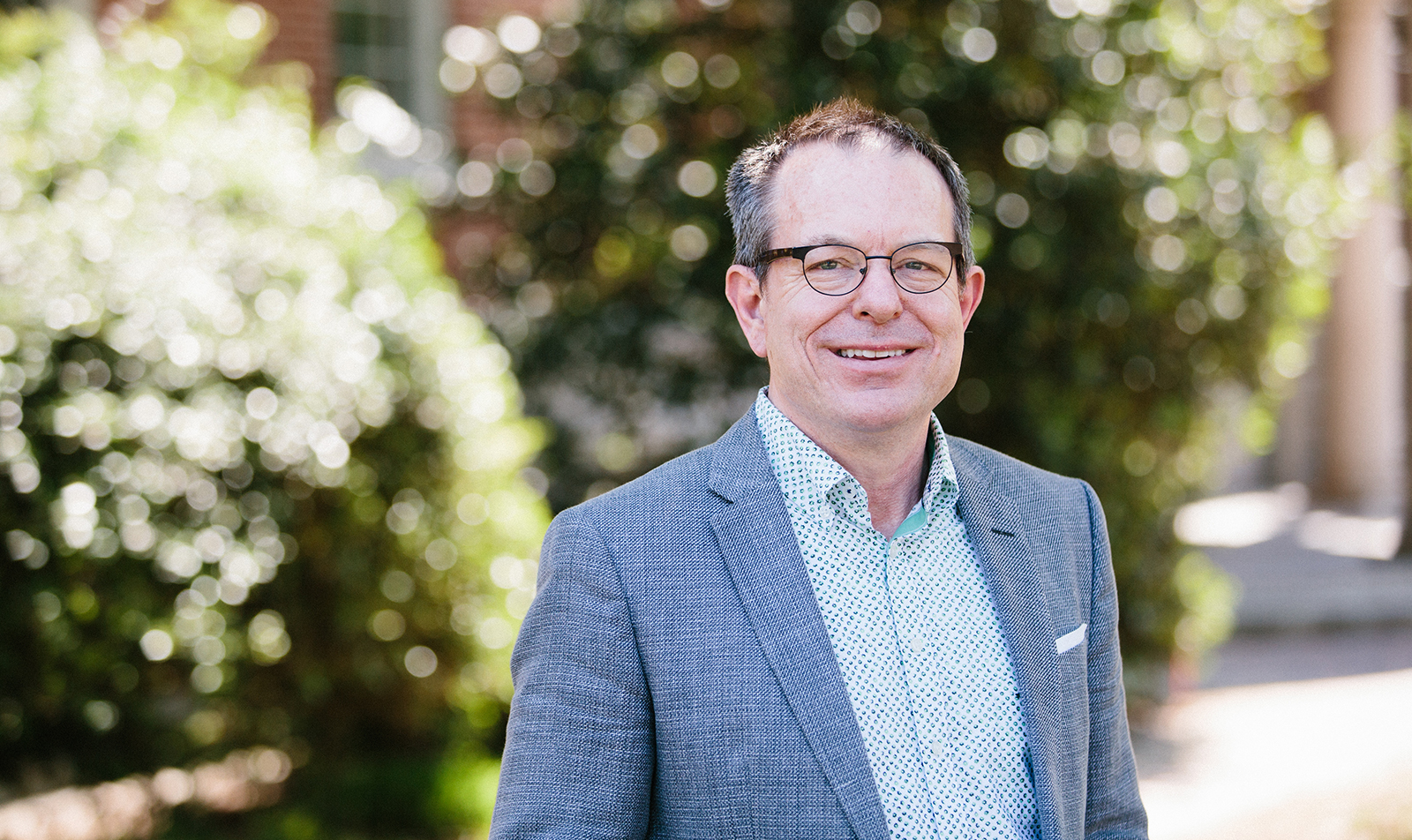With the beginning of the 2023-2024 academic year, many UNC School of Education community members — undergraduates, graduate students, and faculty members — are returning to campus with summer experiences that will serve them inside the classroom and in their work to better the world through education.
For Keith Sawyer, Ph.D., the Morgan Distinguished Professor of Educational Innovations, the summer took him to Scandinavia and to Aspen, Colo., where he shared his expertise in the learning sciences and creativity with a variety of audiences.
“It’s very exciting that my research has had an impact both nationally and internationally,” Sawyer said. “Research-based teaching can improve outcomes, whichever country and language. Many countries around the world have decided that creativity is an important ability for their school graduates — both for economic growth and career, and for personal fulfillment.”
May 23-28, Sawyer traveled to Helsinki, where he serves as an external advisor on an Academy of Finland-funded grant that is studying how educators use studio practices of making to guide students to learn creativity more effectively.
As part of the project, the MakerStudioPeda project, researchers are analyzing pedagogical practices that foster creativity in university-level design education and craft teacher education in the digital age.
While in Finland, Sawyer visited the University of Helsinki’s Faculty of Educational Sciences and Aalto University, one of Finland’s top universities and one of the highest-ranked design schools in the world. At Aalto University, he worked with students in a textile art classroom, where they used computer-controlled looms to create woven art. Sawyer also delivered a public lecture on creativity.
“Maker spaces are popping up in educational settings from elementary schools to public libraries,” Sawyer said. “Here on the UNC campus, we have a network of maker spaces called BeAM, where any student can use 3D printers, carpentry equipment, or tools for textiles. Research shows that when you get your hands a bit dirty and you make something physical, it can enhance learning and creative outcomes.”
Following his time in Finland, Sawyer traveled to Norway, where his research has impacted the educational landscape for the nation’s students by reimagining the way the country approaches teaching. The University of Oslo provides their expertise to Norway’s Ministry of Education to plan education research and reform. Some of his research was included in a white paper shared with the ministry.
Sawyer said researchers drew from “The Cambridge Handbook of the Learning Sciences,” a textbook edited by Sawyer that is currently in its third edition, and “The Creative Classroom,” a book Sawyer wrote for teachers seeking to do teach subject-area knowledge in ways that prepare students to create and go beyond that knowledge.
“In the learning sciences, one finding is that people learn better when they are actively participating,” he said. “My research offers active frameworks to support this. I think of teaching as improvisation — you need to improvise every day to guide the students in their creative explorations of content-area knowledge. But that improvisation has to be guided by structures designed by the teacher. I call it guided improvisation, and it’s the key to creative teaching and learning.”
Like Finland, Norway is also experiencing a growing maker movement. Sawyer was invited to deliver another public lecture in conjuncture with a public Ph.D. dissertation defense focused on the launch of a makerspace in the new downtown Oslo public library. The thesis, “Once upon a time, there was an inventor: A Cultural historical study of making in a public library context,” was the topic of the day at the University of Oslo’s Department of Education.
After returning to the U.S., on June 30, Sawyer traveled to Aspen, Colo., to speak at the 19th annual Aspen Ideas Festival hosted by the Aspen Institute.
Sawyer joined Sheena Iyengar, a best-selling author and professor at the Columbia Business School, and Annie Murphy Paul, author of “The Extended Mind” and a senior writer for the NPR podcast Hidden Brain, for a discussion titled “Unlocking the Creative Mind: The Science Behind Innovation and Imagination.” The three delved into the intersection of psychology, neuroscience, and social dynamics, shedding light on how our choices and creative processes shape our lives and the world around us.
